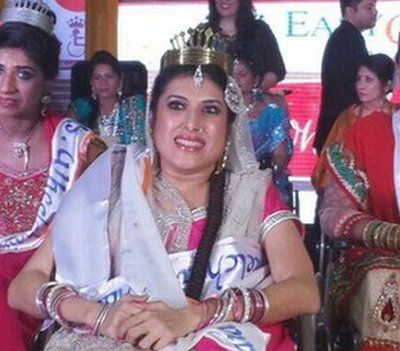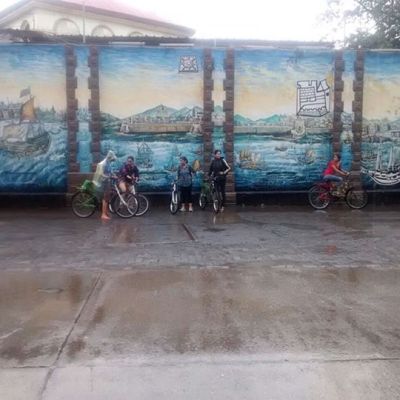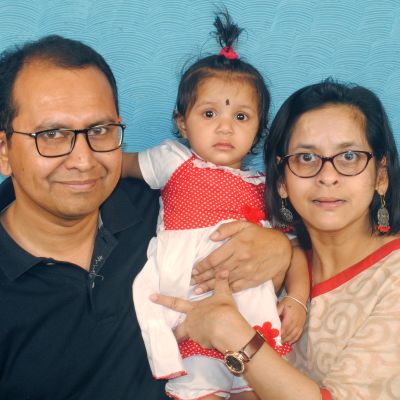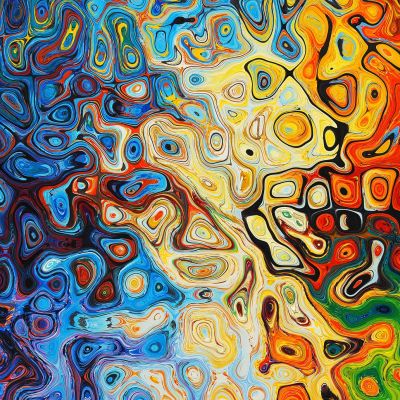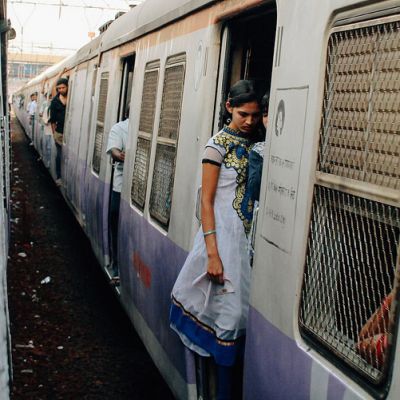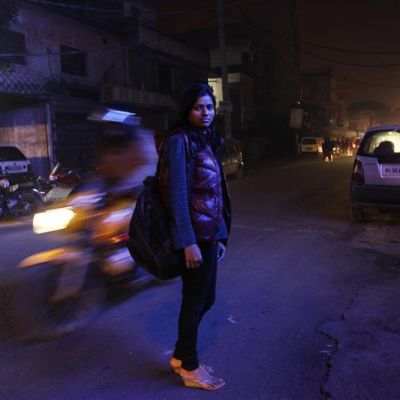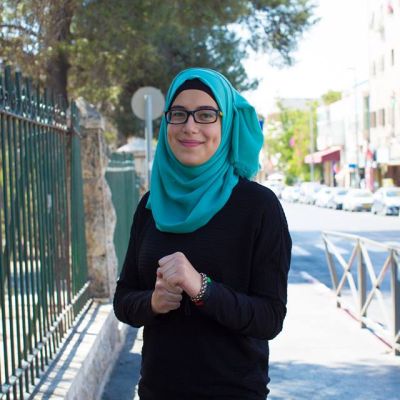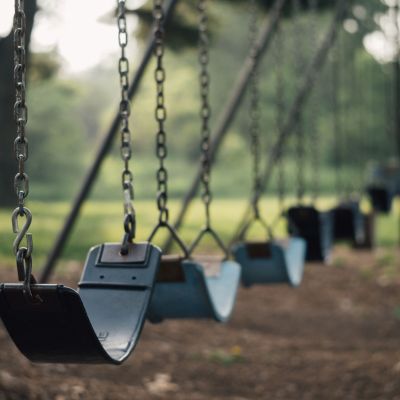mobility
The patriarchal system strictly enforces gender roles and social norms that privilege men over women. This sense of male entitlement over women and girls’ bodies have insured their confinement to spaces where they are stripped of power, threatened by harassment and discrimination, and extremely vulnerable so that men get to play the role of protectors.
There is a direct correlation between mobility and sexuality. Women’s mobility does get hampered because of both social as well as economic reasons, leading to this contradictory fall in female LFPR despite a growing economy.
… the heroine an amputee on a microprocessor controlled prosthetic leg with a hydraulic foot and ankle system raises her…
When one travels as a woman or indeed as someone who is not an upper caste, middle or upper class,…
Jeeja Ghosh is a disability rights researcher and activist, feminist, parent, writer, scholar and trainer. Her lived experience of disability, and of standing up against discrimination and injustice, is at the core of her work and insights. Shikha Aleya interviews Jeeja about mobility across divides other than the physical.
It is this camaraderie with sexualness that made my mother uncomfortable about my comfort with lipsticks. Stains become metonyms for the woman herself, and her sexuality. It is possible that this stain might stay on someone’s mind as they encounter a stained cup. It is possible that even if they never have seen the person, they would now be compelled to imagine them.
In our mid-month issue Shilpa Phadke brings us an interesting mix of ideas woven from narratives of pleasure, danger, and resistance, among others, with regard to the digital streets of online spaces, and explores the conditions of possibility that will allow us to have fun in the online public space that is the Internet…
In our mid-month issue, Mahika Banerji describing herself as being ‘massively function-less’ and as having ‘no mobility’, takes us into her world, not a world of sob stories but one that holds promise of fulfillment…
By creating a safe space to discuss these issues [of sexual abuse] and acknowledging these experiences, we can find a way to address the root cause and move forward in our healing process.
[slideshow_deploy id=’7290′] The city that has come to be touted as the “rape capital” proves to be the ideal ground…
A smile could just be an innocuous communication, expressing politeness or warmth. But for a woman out in public, her smile is often misconstrued
[slideshow_deploy id=’4422′] These are photographs from the now famous collection Humans of New York. Photographer Brandon Staunton has been navigating…
Such open spaces to play sports are mainly occupied by men, while women are mostly excluded on account of various gender norms. This also applies to many underprivileged girls coming from the margins of caste and class who lack access to safe and inclusive open public spaces to play, such as public parks or maidans.
On a larger scale, my non-normative sexuality is confined to tiny spaces, influenced by fear of impending violence, rejection and revulsion, even when one is privileged enough to live in a metropolitan city.



